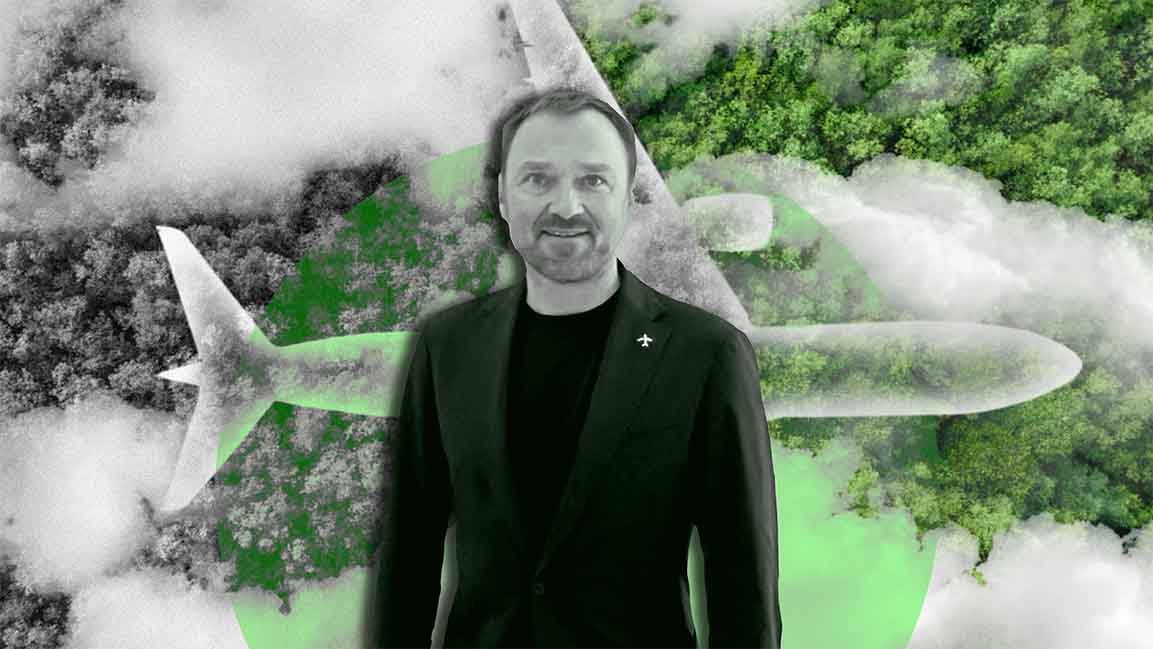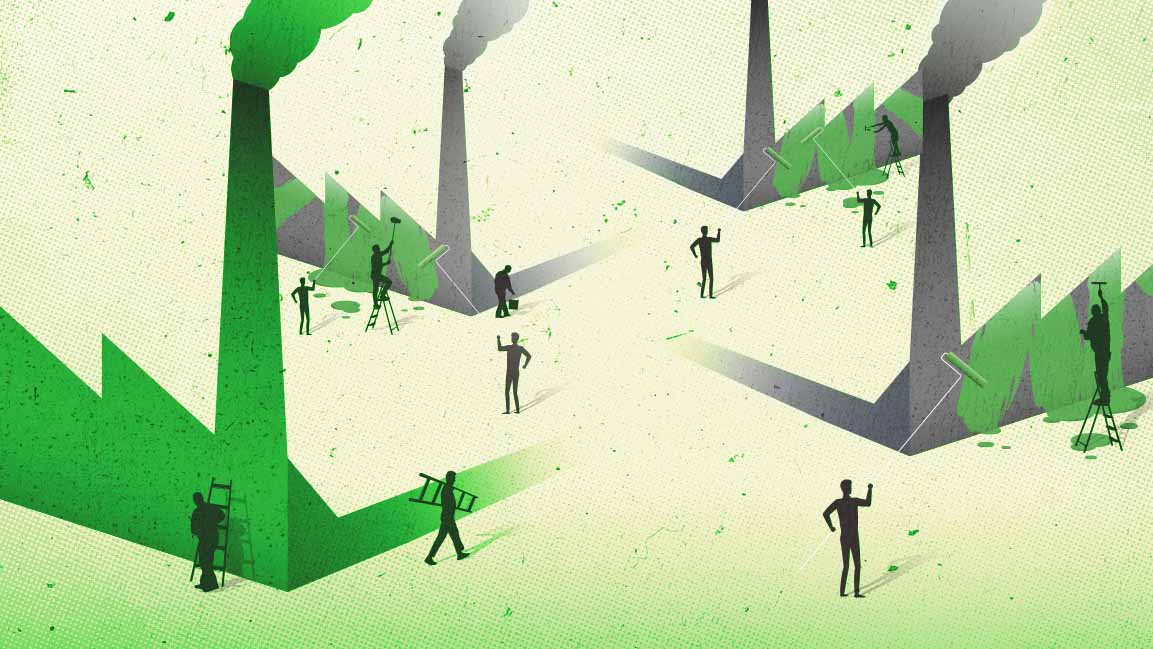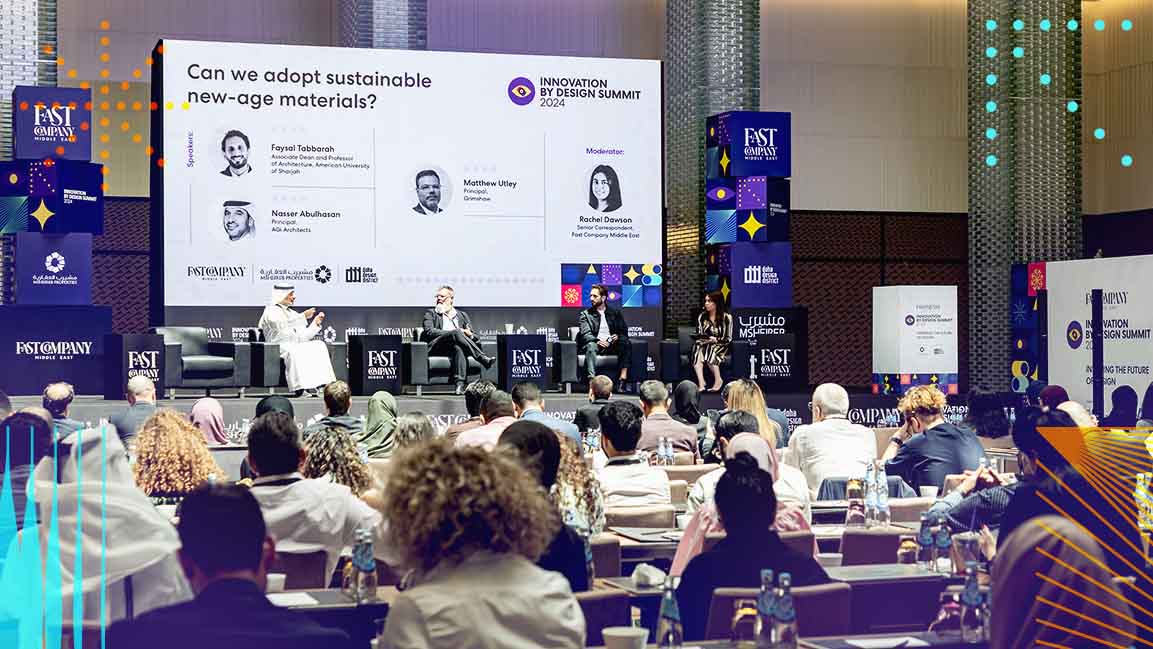- | 11:20 am
Are we flying into a more sustainable future?
Although there's no magic wand, the future of aerospace would be catalyzed by hydrogen, says Dr. Grzegorz Ombach, Head of Disruptive Research and Technology at Airbus

The aviation industry is a significant carbon emitter but with a unique challenge compared to other modes of transport. Unlike innovations in electric cars and trains, combustible fuel remains largely the only way to fly, at least for longer flights.
When it comes to climate solutions, the aviation industry has been too slow, but it’s mainly because of its unique safety and regulatory requirements. But of late, airlines have tested flights with sustainable aviation fuels (SAFs), and sustainable aviation fuel producers have accumulated.
“If we examine the last hundred years, the first revolution focused on achieving the ability to fly an airplane. The second revolution centered around ensuring flight safety, while the third aimed to democratize air travel and make it accessible to people. Today, we witness around 100,000 aircraft flying daily,” says Dr. Grzegorz Ombach, Head of Disruptive Research and Technology at Airbus.
“The fourth revolution is defined by making aerospace sustainable.”
Attaining net zero involves not relying on a single technology or a quick fix. “There’s no magic wand. Instead, it necessitates numerous incremental and radical changes,” he adds.
The industry’s goal of achieving net-zero emissions by 2050 requires a comprehensive approach. He says that over the last 90 years, aerodynamics and energy efficiency advancements have resulted in a significant 50% reduction in emissions.
FUTURE OF FLIGHT
Talking about the ongoing research by Airbus, Dr. Ombach points out the importance of exploring the validity of lighter and superior materials in spacecraft, implications of longer aerodynamic wings, enhanced wing performance, and improved open funnel engines, focusing on significantly larger diameters.
Looking ahead, Dr. Ombach underscores the paramount role of SAFs. “The fastest way to substantially reduce CO2 emissions is through the widespread adoption of sustainable aviation fuels.”
SAFs are chemically indistinguishable from standard airline fuel – but their production process is significantly greener than traditional fuels.
There are multiple technological approaches to SAFs that can decarbonize planes, especially with green hydrogen technology. But the biggest challenge with scaling up SAF production has been the financial incentive.
In pursuing sustainability, Dr. Ombach sees the hydrogen-powered aircraft as a radical change. The target for Airbus to have the first hydrogen-powered aircraft is 2035. “We’re going to make it happen.”
“The future of aerospace would be catalyzed by hydrogen. With SAF, we know how difficult it is. Our aircraft use a mix of SAF; however, there is insufficient fuel production globally. Hydrogen is the next level of difficulty,” he adds.
“The entire ecosystem end to end would make the switch happen.”
DOES SUSTAINABLE MEAN COSTLIER AIR TRAVEL?
Projections indicate that the aerospace industry’s contribution to the global CO2 footprint, which stands at 2%-3%, is expected to escalate to 10%-15%.
“As leaders in the aerospace industry, we acknowledge our shared responsibility for the environmental impact alongside other industry players such as Boeing.”
While 2050 marks a significant milestone, “Our commitment extends beyond that, focusing on continuous innovation to achieve net-zero emissions. Anticipating doubling the number of airplanes based on global forecasts, we are working to introduce new aircraft types that significantly reduce environmental impact,” he says.
Drawing parallels with the automotive industry, where the initial cost of electric vehicles (EVs) was high, a global shift in direction and cost optimization transformed the landscape; Dr. Ombach foresees such a future for sustainable aircraft, too.
“If we look at 2071, the ambition is flying hydrogen only.”
By then, he indicates that renewable energy will be cheaper than fossil fuels today. “There will be a good outcome for customers. Energy transitions are expensive for everybody – industry players and end users alike. The end customers know their impact and will be willing to contribute to this transition.”








































